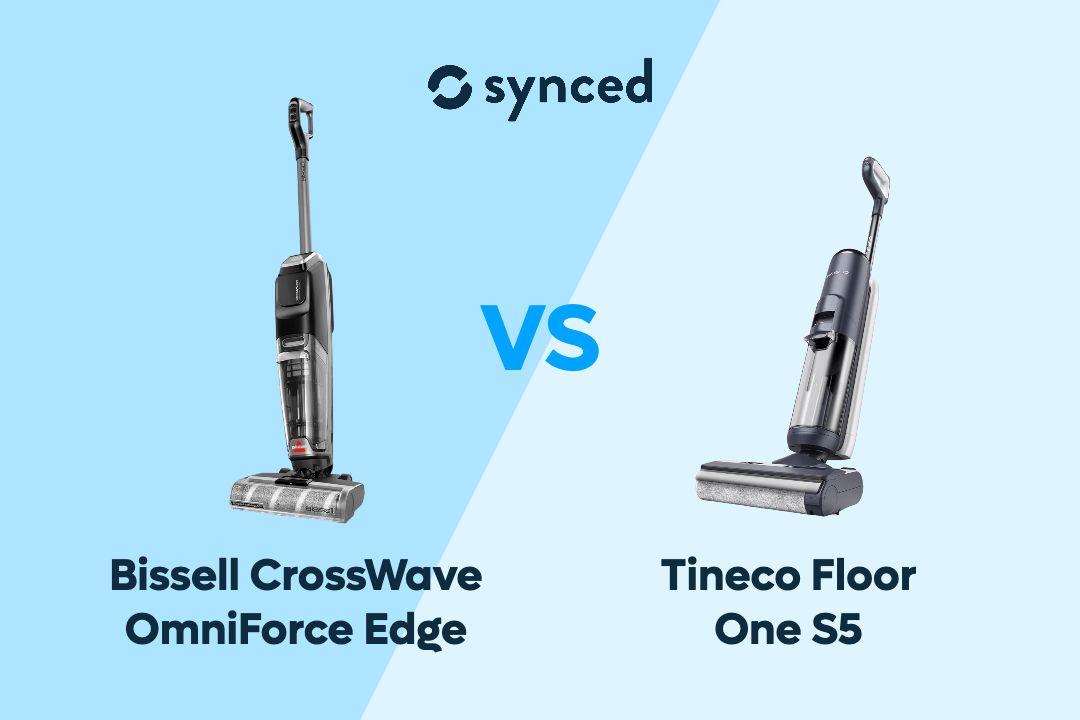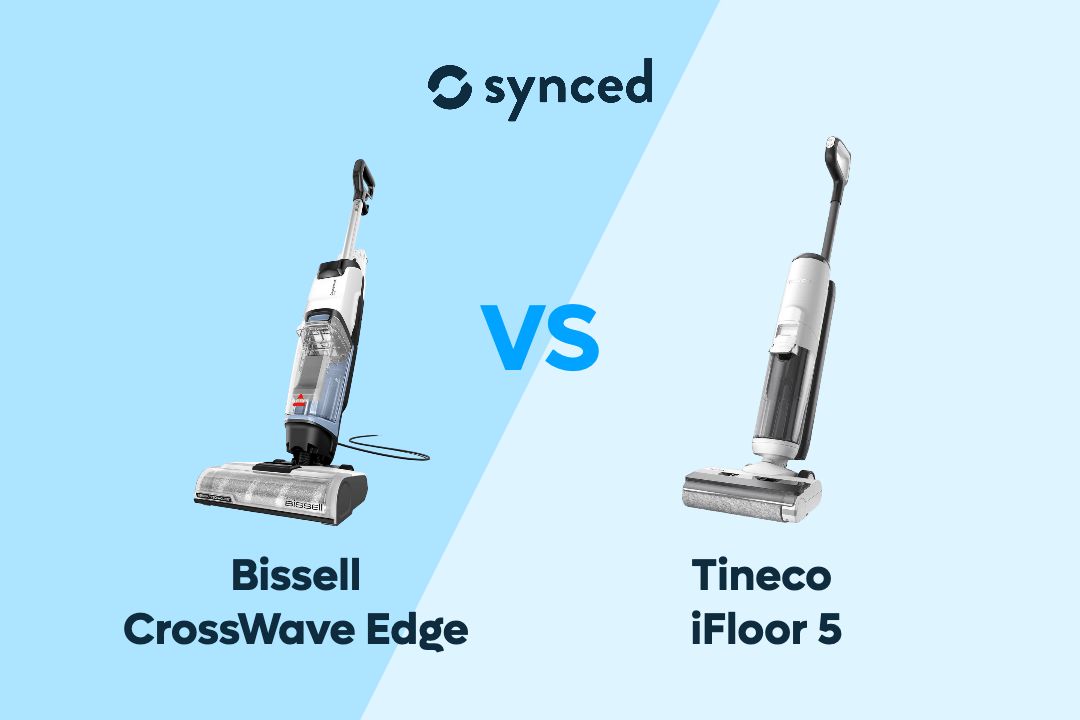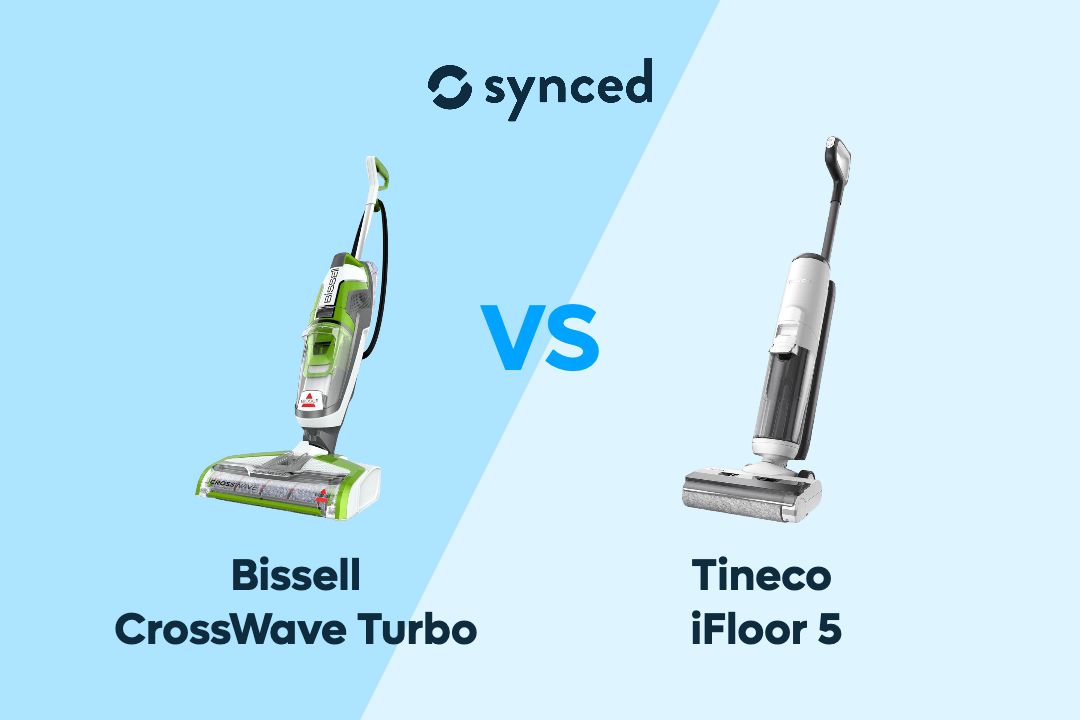LG G4 OLED TV vs Samsung S95D OLED TV: Which Next-Gen Display Reigns Supreme?
By Elisabeth Christ
Published July 2024

As television technology continues to evolve, the competition between top-tier models intensifies. The LG G4 and Samsung S95D represent the pinnacle of next-gen displays, each boasting unique advancements in OLED and QD-OLED technologies. While both models offer exceptional performance, the nuanced differences between them can significantly impact your viewing experience. Let’s delve into a detailed comparison to uncover which of these displays truly reigns supreme.
Key Takeaways
The LG G4 and Samsung S95D stand out as prime examples of modern display technology, each with distinct advantages. The LG G4, with its self-emissive OLED pixels, delivers perfect blacks and a contrast ratio that’s virtually infinite. Its 4K resolution and up to 144Hz refresh rate, combined with HDR support (Dolby Vision, HDR10, HLG), ensure an unparalleled viewing experience with a peak brightness of 1,420 nits and a color gamut covering over 98.45% of the DCI-P3 spectrum. Conversely, the Samsung S95D leverages QD-OLED technology to offer enhanced brightness and color accuracy. This model achieves a peak brightness of up to 1,666 nits, making HDR content exceptionally vibrant. The QD-OLED panel supports 99.97% of the DCI-P3 color gamut and maintains remarkable color fidelity and contrast. Both TVs excel in gaming with low input lag (around 13ms), Variable Refresh Rate (VRR), and Auto Low Latency Mode (ALLM), along with quick access game settings via their respective Game Bars. Sound quality is robust, with the LG G4’s 4.2 channel, 60W sound system with Dolby Atmos and the Samsung S95D’s 4.2.2 channel, 70W setup with Object Tracking Sound (OTS) and Adaptive Sound+.


LG G4 OLED TV
Better Choice for Image Qualities & Performance
✓ α11 AI Processor 4K
✓ MLA, Dolby Vision and Dolby Atmos
✓ Virtual 11.1.2 Up-mix
✓ webOS 24

Samsung S95D OLED TV
Better Choice for Brightness
✓ NQ4 AI Gen2 Processor
✓ Dolby Atmos and Object Tracking Sound+
✓ OLED Glare Free
✓ One Connect Box
#1 The Price & Design

LG G4 OLED TV
The LG G4 and Samsung S95D are both premium next-gen displays, but their prices and designs differ quite a bit. The LG G4 OLED TV starts at approximately $3,299 for the 65-inch model, reflecting its premium status with a Gallery Design that seamlessly integrates into any living space. This model is available in various sizes, ranging up to 97 inches, and features a slim profile with minimal bezels, providing a sleek, modern aesthetic. The aluminum-accented frame enhances its sophisticated look, and the included wall mount ensures a flush installation, making the TV appear as though it's part of the wall itself.
On the other hand, the Samsung S95D QD-OLED TV is priced a tad higher, starting around $3,399 for the 65-inch variant. It comes in sizes up to 77 inches. Samsung's Infinity One Design offers a slim, nearly bezel-less screen, enhancing the immersive viewing experience. The TV features a unique stand that provides stability while maintaining a minimalist look, and the One Connect box helps manage cables efficiently, contributing to a clean setup. Both models offer exceptional build quality, but their design philosophies cater to different tastes—LG’s refined elegance versus Samsung’s cutting-edge minimalism.
#2 Image Quality

Samsung S95D OLED TV
Under the hood, the LG G4 and Samsung S95D pack some serious display technology. The LG's G4 utilizes OLED technology, known for its self-emissive pixels that deliver perfect blacks and infinite contrast ratios, as well as true blacks and vibrant colors. The TV boasts a 4K resolution (3840 x 2160) and up to 144Hz refresh rate, ensuring smooth motion handling. HDR support includes Dolby Vision, HDR10, and HLG, providing a rich and vibrant viewing experience. With a peak brightness of around 1,420 nits and a wide color gamut covering over 98.45% of the DCI-P3 spectrum, the G4 excels in color accuracy and vibrancy. The viewing angles are superb, maintaining color fidelity and contrast even from extreme angles.
Meanwhile, Samsung’s S95D features the latest QD-OLED technology, combining Quantum Dot and OLED for enhanced brightness and color accuracy. This model also offers a 4K resolution and also a 144Hz refresh rate, with HDR support including HDR10+, Dolby Vision, and HLG. The peak brightness is notably higher, reaching up to 1,666 nits, which significantly improves HDR performance. The color gamut is expansive, covering 99.97% of the DCI-P3 spectrum, and the QD-OLED panel ensures excellent color accuracy and contrast. Motion handling is exceptional, making fast-moving scenes in sports and action movies look smooth and fluid.
#3 Game Mode

LG G4 OLED TV
Gamers will be pleased with the performance of both the LG G4 and Samsung S95D as both the LG G4 and Samsung S95D are equipped with features that make them ideal for gaming enthusiasts. The LG G4 boasts a low input lag of approximately 13ms, Variable Refresh Rate (VRR), Auto Low Latency Mode (ALLM), and a dedicated Game Mode. Additionally, the G4 includes a Game Bar/Menu that allows gamers to quickly access and adjust gaming settings without interrupting their play. These features ensure a responsive and immersive gaming experience, reducing screen tearing and input delays.
Similarly, the Samsung S95D offers a competitive edge with its ultra-low input lag, also around 13ms, and support for VRR and ALLM. The S95D enhances the gaming experience with its Game Mode, which optimizes picture settings for different types of games. Samsung’s Game Bar provides an intuitive interface for monitoring and adjusting game-related settings on the fly. Both TVs support HDMI 2.1, ensuring compatibility with the latest gaming consoles and delivering 4K at 120Hz for an exceptionally smooth and detailed gaming experience.
#4 Sound Quality

Samsung S95D OLED TV
When it comes to audio performance, the LG G4 and Samsung S95D both deliver impressive sound quality. The LG G4 is equipped with a 4.2 channel, 60W sound system that delivers rich and immersive audio. It supports Dolby Atmos, which provides a three-dimensional sound experience, making movies and TV shows more engaging. LG's AI Sound Pro technology further enhances the audio by automatically optimizing sound settings based on the content being viewed. This ensures that dialogue is clear, music is dynamic, and effects are impactful.
The Samsung S95D takes a slightly different approach, opting for a 4.2.2-channel configuration with a total output of 70W, along with support for Dolby Atmos and Object Tracking Sound Pro for a more immersive, three-dimensional audio experience. The Adaptive Sound+ feature analyzes the content and environment to automatically adjust sound settings, providing optimal audio quality for every scene.
#5 Smart Features

LG G4 OLED TV
The LG G4 and Samsung S95D both come equipped with advanced smart TV platforms, offering a wide range of features and capabilities. Firstly, the LG's G4 runs on the webOS platform, known for its user-friendly interface and wide app selection. It includes popular streaming services like Netflix, Disney+, and Amazon Prime Video. Voice control is available through both Google Assistant and Amazon Alexa, allowing for hands-free operation. The G4 also integrates with LG’s ThinQ AI ecosystem, enabling seamless connectivity with other smart home devices. Additional features include sports alerts, personalized recommendations, and multi-view capabilities.
On the other hand, Samsung’s S95D operates on the Tizen OS, which also offers a comprehensive app library and a smooth, intuitive user experience. The TV supports voice control via Bixby, Google Assistant, and Amazon Alexa. Samsung’s SmartThings integration allows the S95D to connect with and control other smart home devices, creating a unified smart home ecosystem. Unique features such as Multi View, which lets users watch multiple sources simultaneously, and Samsung Health, which provides fitness and wellness content, add to the TV’s versatility.
#6 Connectivity & Compatibility

Samsung S95D OLED TV
When it comes to connectivity, both the LG G4 and Samsung S95D are well-equipped. The LG G4 offers four HDMI 2.1 ports, two USB 2.0 ports, and Ethernet connectivity, as well as support for Wi-Fi 6 and Bluetooth 5.0. The Samsung S95D matches the LG G4's HDMI 2.1 and USB 2.0 port count, while also adding an additional USB 3.0 port and Ethernet connectivity. It also supports the latest Wi-Fi 6E and Bluetooth 5.2 standards. Both displays are compatible with a wide range of devices and platforms, including gaming consoles, streaming devices, and smart home ecosystems. The LG G4's HDMI 2.1 ports enable support for features like 4K 120Hz, VRR, and ALLM, while the Samsung S95D's connectivity options ensure seamless integration with a variety of entertainment and smart home setups.
#7 What/whom are they suitable for?

LG G4 OLED TV
The LG G4 and Samsung S95D are both exceptional next-gen displays that cater to different user preferences and needs. The LG G4's OLED panel, combined with its impressive image quality, low input lag, and comprehensive smart features, make it an excellent choice for movie enthusiasts, casual gamers, and those who value a more cinematic viewing experience.
The Samsung S95D, on the other hand, is better suited for serious gamers and those who prioritize brightness and HDR performance. Its Mini-LED panel, high peak brightness, and advanced gaming features, such as low input lag and comprehensive VRR support, make it an ideal companion for the latest gaming consoles and high-end PC setups. Additionally, the Samsung S95D's Dolby Atmos support and immersive audio capabilities make it a great choice for those who want a truly immersive home theater experience.
LG G4 OLED TV vs Samsung S95D OLED TV
Final Thoughts

LG G4 OLED TV vs Samsung S95D OLED TV
Ultimately, choosing between the LG G4 and Samsung S95D comes down to your priorities. If you value stunning visuals, cinematic experiences, and versatile smart features, the LG G4 is an excellent option. For those seeking unparalleled brightness, impressive HDR performance, and cutting-edge gaming capabilities, the Samsung S95D reigns supreme. Whichever TV you choose, you can rest assured that both the LG G4 and Samsung S95D will elevate your home entertainment setup to new heights of excellence.
If you like to read more about Smart TVs, check out our other relevant guides here:
5 Things to Know About LG's 2024 OLED TVs Lineup
LG C4 vs Sony A95L
Samsung QN90D vs QN90C
Samsung QN85C vs QN85D
Samsung QN800D vs QN900D
LG C3 vs Samsung QN90C
LG StanbyME TV
Don't miss out on tech
Subscribe to our newsletter to stay up to date on the latest tech trends and guides on the best gadgets around.







